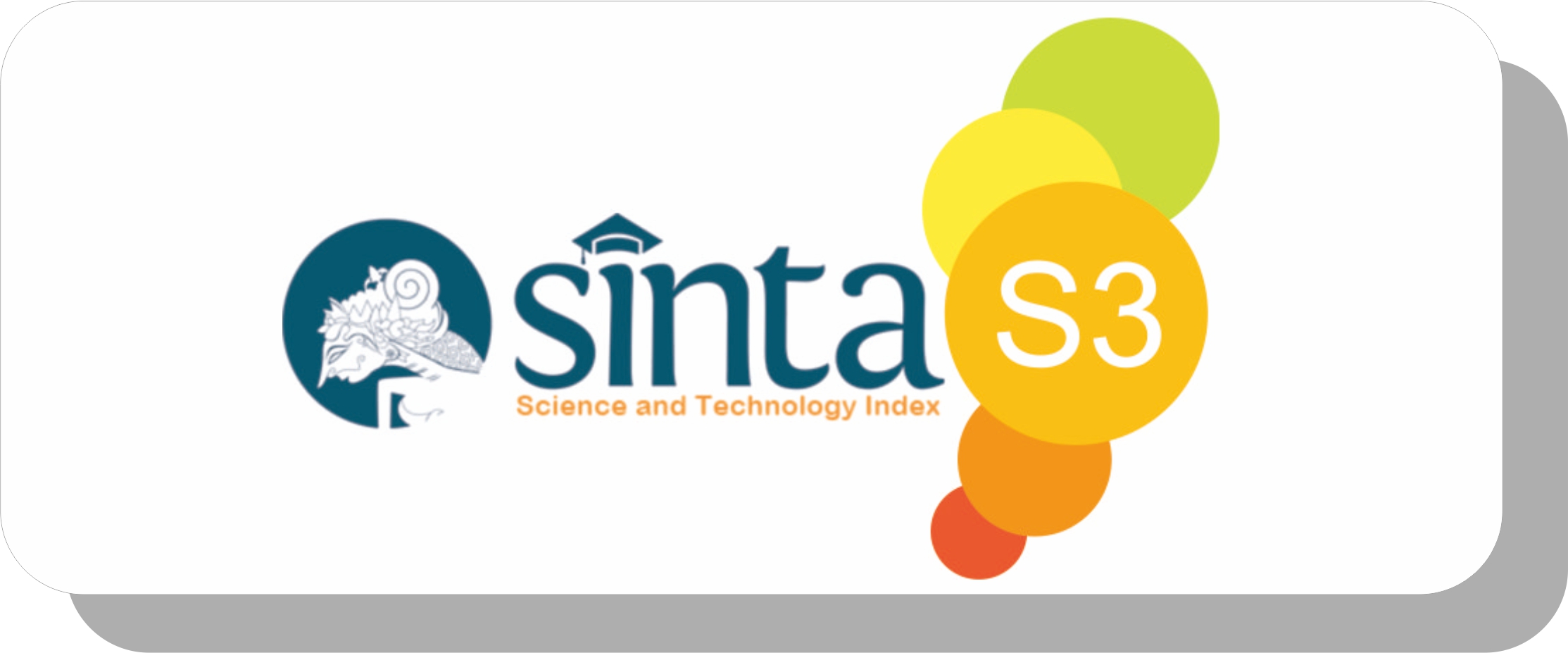Pelaksanaan Program Broadband Learning Center (BLC) Oleh Dinas Kominfo Pemkot Surabaya Untuk Mewujudkan Surabaya Cyber City
DOI:
https://doi.org/10.22219/sospol.v2i1.4754Abstract
Abstrak
Dinas Kominfo Pemkot Surabaya merupakan instansi pemerintah di bidang IT yang mencoba memfasilitasi segala kebutuhan IT warganya agar dapat melek IT sekaligus diharapkan mampu memproduksi konten informasi, sehingga dapat berkontribusi dalam pembangunan kota Surabaya. Sampai saat ini, Dinas Kominfo Pemkot Surabaya telah menyediakan fasilitas internet gratis di 42 titik taman kota di Surabaya yang bisa diakses warga selama 24 jam. Tujuannya agar masyarakat kota Surabaya lebih mudah untuk memperoleh beragam informasi secara online. Akan tetapi, dari fasilitas akses internet tersebut masih belum dimanfaatkan masyarakat secara maksimal. Sehingga masih terjadi kesenjangan digital (digital divide) di kota Surabaya. Oleh karena itu, dibentuklah program pelatihan internet yaitu Broadband Learning tentang Teknologi Informasi dan Komunikasi bagi warga Surabaya agar melek IT secara keseluruhan. Pada akhirnya, penerapan konsep Surabaya Cyber City dapat meningkatkan kualitas kinerja Pemkot Surabaya yang berbasis e-Goverment. Metode analisis dalam penelitian ini adalah deskriptif kualitatifuntuk menggambarkan fenomena yang terjadi berkaitan dengan pelaksanaan program BLCperiode tahun 2014-2015. Penelitian ini menggunakan metode studi kasus dengan teknik penjodohan pola, yakni membandingkan pola berdasarkan data empiris dengan pola yang diprediksikan. Teknik pengambilan data menggunakan Focus Group Discussion (FGD), wawancara, observasi langsung dan dokumentasi.
Kata Kunci: cyber city, e-government,, ICT Learning Center, literasi internet
Abstract
Communication and Informatics (Kominfo) Department of Surabaya City Government is a government agency in the field of IT trying to facilitate all the needs of its citizens in order to be literate for IT and all at once is expected to produce content for information, so that it can contribute in the development of the city of Surabaya. They has been providing a free internet facilities at 42 points the City Park in Surabaya citizens which can be accessed for 24 hours. Therefore, the internet training program, namely Broadband Learning Center (BLC) were built. That is a form of learning internet literacy program of diverse material about ICT for the citizens of Surabaya become IT literacy. The application of the concept of Surabaya Cyber City can improve the quality of Surabaya city government performance for e-Government based.In this study, the method of analysis used is descriptive qualitative research methods, to describe a phenomenon that occurred with regard to the implementation of the program BLC in period of 2014-2015. This research method using case studies by comparing the pattern based empirical data with the predicted pattern. Technique of data retrieval using Focus Group Discussion, interviews, direct observation and documentation.
Keyword: cybercity, e-government, internet literacy, ICT Learning Center.
Downloads
Downloads
Published
How to Cite
Issue
Section
License
Authors who publish with this journal agree to the following terms:
- Authors retain copyright and grant the journal right of first publication with the work simultaneously licensed under a Creative Commons Attribution-ShareAlike 4.0 International License that allows others to share the work with an acknowledgement of the work's authorship and initial publication in this journal.
- Authors are able to enter into separate, additional contractual arrangements for the non-exclusive distribution of the journal's published version of the work (e.g., post it to an institutional repository or publish it in a book), with an acknowledgement of its initial publication in this journal.
- Authors are permitted and encouraged to post their work online (e.g., in institutional repositories or on their website) prior to and during the submission process, as it can lead to productive exchanges, as well as earlier and greater citation of published work (See The Effect of Open Access).

This work is licensed under a Creative Commons Attribution-ShareAlike 4.0 International License.


















